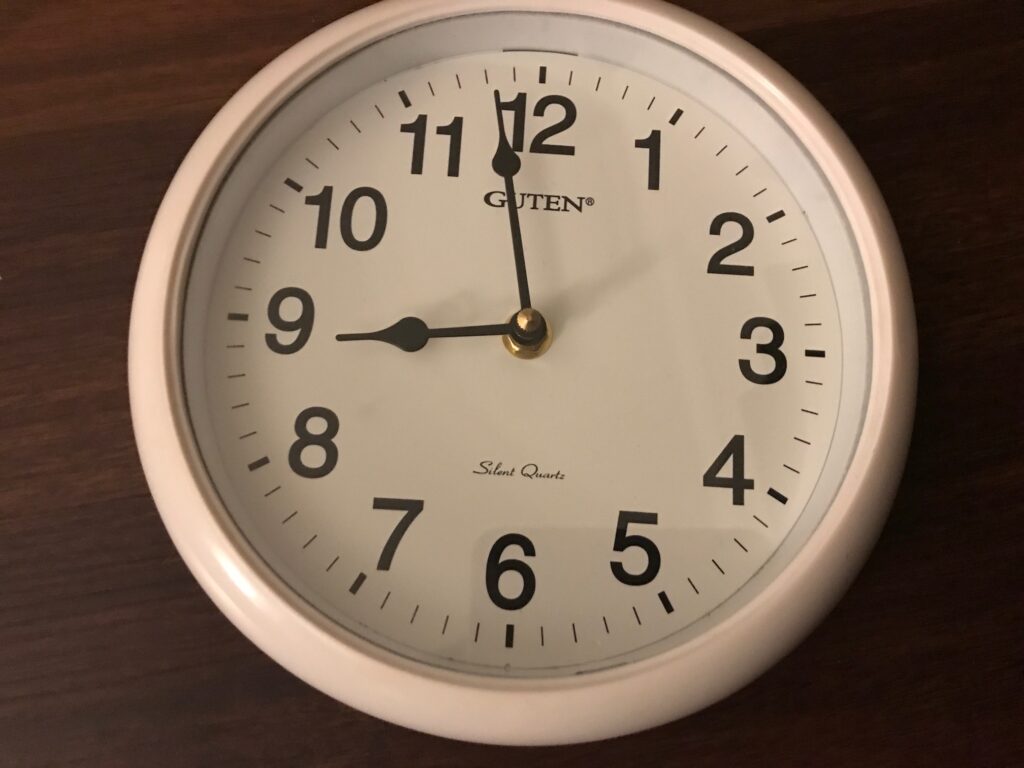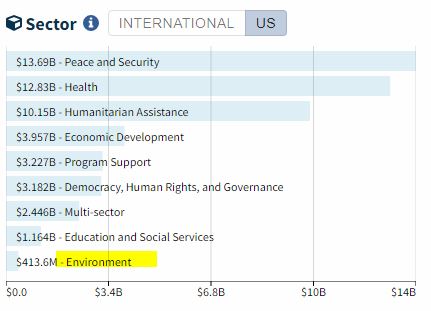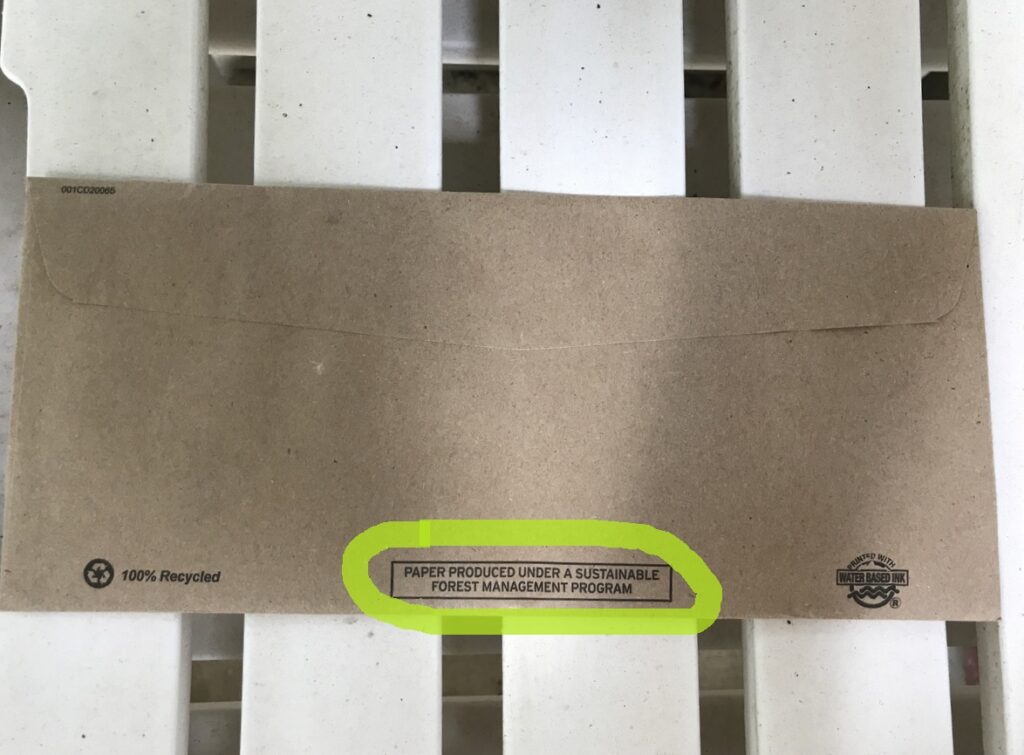
You probably are familiar with the ubiquitous “Keep Calm and Carry On” phrase and its entire “Keep Calm and . . . ” (fill the blank) slogan family on merchandise and in media. But if you ask a non-English speaking traveler, she may have never seen this phrase before. Perhaps there is an Arabic equivalent of “Keep Calm and Carry On,” or a French movie title might be more expressive. Circulez, y a rien à voir! (Keep moving, nothing to see here.) In Chinese, I think of the expression “心靜自然涼,” pronounced xin1 jin4 zi4 ran2 liang2. My translation for the expression is when you have a still mind, you will feel cool naturally.” In other words, keep cool and stay cool, period.
As the Earth’s temperature is rising, we need more than to keep calm. We need to keep cool—keep the Blue Planet cool and keep ourselves cool. If you are a global citizen like me looking for an opportunity to sustain your livelihood while doing positive contribution to your environment, check out this e-book (free download), “Valuing Nature: The Roots of Transformation.”
Support the authors if you can afford the print copies and spread the word. I don’t know the authors but I’m moved by their giving the book free access for everyone. Most writers cannot make a living out of their meager royalties. And yet, I believe many writers write because the subject matters, and the more readers, the merrier. If reading a free book and a free article (like what you are reading now) can help you overcome an obstacle or make a life-changing decision, don’t forget to share with people in trouble and people you care about. This is why leaving no one behind is important.
I find the book “Valuing Nature” sums up nicely how sustainable living is an opportunity rather than a controversy. Above all, as human beings, we cannot thrive without a healthy environment. This environment can be translated into your upbringing environment as a place, your parents, classmates, relatives and friends as influencers, your work place in which you spend at least one third of your daily hours, your dwelling—rental or owned, your community, your neighborhood, your vehicle and even your pets. Do they look cool to you? Are you cool with uncool situation and ambiguity? Will you become a catalyst for a heated confrontation with humans and non-humans?
Keep Cool And Leave No One Behind
If you are a global citizen embrace the UN’s 2030 Agenda for sustainable development, leaving no one behind is the central promise to implementing the seventeen Sustainable Development Goals (SDGs). I could have been left behind if it weren’t because of generous people along the way that provided me with resources to higher education, to odd jobs that sustain my basic needs for survival, and to discover my potentials in language, literature and literacy. There are about 7,000 languages spoken in the world. Half of the population in the world speaks 50 languages, and the other half of the population speaks the remaining 6,050 languages. By the end of this century, it is estimated that half of the 7,000 languages will fall into silence. Keep cool and stay alert about linguicide. And now I am in my deep dive into increasing my climate literacy.
Yes, English is a widely spoken language. Even after Brexit, English remains the working language in the EU member states. English is also forging language barriers affecting non-native English speakers and hinders diversity in science, technology and mass media. For a long time, I wasn’t quite sure why oversea Indians fared much better than oversea Chinese in the English-speaking countries. And why Hollywood and English fiction often have a stereotype of the roles of a science lab geek or a computer whizz played by ethnic Indians and Chinese? Doesn’t the stereotype draw a parallel to Taiwanese Chinese who see themselves superior to mainland Chinese? Or, the Filipino maids who are more sought-after in Hong Kong than non-English speaking maids? Knowing English surely helps a global citizen regardless of nationality leap forward in self-actualization, leaving behind extreme poverty and hunger.
My self-experimentation in sustainable living proves to me that I can fix a clock by hand. I spent only ten dollars on material and one hour in time. A clock could end in the landfill because there is no more clocksmith in our replace-it-instead-of-repair-it society. Where can the used-to-be admirable profession of clocksmith make a living? Becoming a Youtuber, perhaps.
I learned how to reassemble the parts of a battery-operated clock from an online video. I made a little innovative attempt—getting rid of the second hand. Voila! An old clock is given a second life. This is my way of showing you how I reduce e-waste. Leaving no one behind to me means do less harm to the environment. If the poor countries do not need to live on processing the imported e-waste and scraps any longer, their environments will be protected indirectly by us—the socially-conscious global citizens. Keep cool and you can do it.
Keep Cool And Try (But Not Impose) To Get Your Voice Heard
In my mindful living during the Covid-19 pandemic, I feel strongly about the argument that Swiss linguist Ferdinand de Saussure made. That is, the words in a given language limit the expressive ability of individuals and shape their worldviews. If the world’s largest search engine is located in an English-speaking country, it is not difficult for me to assume all contents provided by this powerful search engine are English-reader friendly. Perhaps under the Almighty-like government mandate from the company’s place of origin, certain products and services will be banned from users for the reason of national security threats. My assumption is supported by factual incidents. A Hong Kong politician was banned to use a U.S.-based video sharing platform to launch his election campaign. It’s a known fact that many mobile applications are not available in China’s Apple Store. On the one hand, the U.S. wants to decouple from China; on the other hand, I find the U.S. federal government is over-generalizing the concept of national security, so is China.
According to a report by the International Campaign to Abolish Nuclear Weapons, a Switzerland-based NGO, the world’s nine nuclear-armed countries have increased their nuclear spending by $6.5 billion in 2021 from the previous year. And the reason of it is more than security interests as the countries claim, it’s business. Well, this raises my question. Why the world’s powerful figures cannot make this nuclear business toward sustainable development? Why nuclear power generation remain a heavily regulated industry in the US? If you check out the official website of the U.S. foreign assistance data, you’ll see the U.S. spends the least foreign aid on environment ($413.6M) as opposed to the biggest sector in peace and security ($13.69B). Luckily, this is not a language problem that needs translation. As long as you have a calculator or a sharp mind with numbers, you’ll figure out the difference of $13,276,400,000. With this amount of funding, how many nature-based solutions and green infrastructure will be adding to the value of environmental foreign aid?

One day, a repairman in his seventies born in Pakistan came to my apartment. As we chatted about Pakistan, he told me educated people didn’t want to stay in the country. His remark reminded me of my impression of well-educated Indians who fare well in academia, banks and governments overseas. The great Indian brain drain is not news. And now, Sri Lanka sees its brain drain and labor losses as a result of the economic crisis, the pandemic and global warming combined.
What happens in Sri Lanka will happen more often around the world, especially starting from Global South. The Earth appears to be round. What goes around comes around. Monkeypox, a rare disease originated in Africa, is now found in multiple wealthy countries. There are too many strange stories like this can disrupt our working and living regardless where we are.
When American officials warn about the danger of China setting its own global standards, I’m greatly concerned about how sincere are the two great powers on working out a more inclusive global standard. Ironically, a majority of countries adopt the metric system. The U.S. continues to adopt the Imperial system of measurement. Are we really Anglophiles or do we stubbornly resist change? For example, the Paris climate agreement sets 2-degree Celsius increase as the upper limit for global warming by the end of the century. (We could easily exceed this temperature limit if we falsely believe business as usual after we remove our masks in public.) What is 2-degree Celsius equal to in Fahrenheit? 3.6-degree Fahrenheit. In my English writing to American readers, I often come to this dilemma of conversion of measurements. Why can’t we all use the same system?
Our environments are changing. I’m told before not to take for granted when you are in good times. Four seasons changes will become unstable. Our mental health is a hidden area impacted by our exterior environments. I’ve learned my lesson about that. After eighteen months job search, I landed a job close to home with the hourly earning ten dollars less than what I used to make. And yet, I feel much happier because I am close to home and I have time to volunteer. I had a very serious talk with a financial professional. I argued that volunteering should be considered as employment. Money is only one way of measurement of my socioeconomic status. I didn’t make money out of my writing for my community, but I certainly make happiness for myself—perhaps even more rewarding than working for a tedious job—by contributing my time and expertise to my community for free. The financial professional concluded that my mind of value-based sustainable living had not reached mainstream.
Really? I’m flattered to be a forward-thinking, low-income, Blue-Planet-loving global citizen. During my time with my other low-income colleagues, I’m thankful to their generosity in coaching me to be a better communicator. When I can bring a smile on the face of a customer who has dyslexia and earn his compliment that I excel at my job, that sense of accomplishment is more than numbers in dollar sign can describe. When I receive advertisement mail in a brown, raw envelope on which printed “paper produced under a sustainable forest management program,” the mail certainly sends me a happy smile. Keep cool and amplify best practices in my way.

Keep Cool And Stay Cool, Through And Through
When I’m writing amid the backdrop white noise of the air conditioning, an old English expression, as cool as a cucumber, comes to my mind. I’m fortunate, though. In the dog days of summer, people who work inside their offices and comfortable homes might not realize how hot outside is. Can you be as cool as a cucumber if you need to work outside for hours under the baking sun?
In Asia, I used to keeping the indoor air-conditioning temperature at 26-degree Celsius, that is equivalent to 78-degree Fahrenheit. But if you enter any government buildings in Washington DC or museums, galleries, malls, banks, restaurants, hotels, libraries, hospitals in America, you might feel cooler, and even colder than you want to be.
If you see people who work inside the air-conditioning buildings wear business suits and long-sleeve shirts, sweaters and even scarves (non-religious attire), you know that not only the building tenants do not save money for their electric bills but they are consuming more energy to keep themselves cool.
Perhaps only when you can afford certain level of comfortable living, being wasteful does not mean anything to you. I have this bias because I cannot afford a wasteful lifestyle. I used to tell my classmates in grad school that only when you can afford food and stay away from hunger will you begin to pay attention to eat healthy foods.
Obesity is common among low-income singles and families because they only can afford unhealthy foods with high energy. Fortunately, I’m a low-income sustainability professional with healthy diets. In the face of prolonged summer, the nexus of water and ag-food is a huge challenge to all mankind.
I recall three months ago, India encountered a prolonged heatwave that broke the country’s 122-year record. Some parts of the capital, New Delhi, suffered high temperatures in May at 49.2C (120.5F). The neighboring country Pakistan cannot escape the South Asia heatwave, reaching 50C (122F) in some parts of the country. Extreme heat together with the Covid-19 pandemic have already triggered cascading disasters among impoverished communities around the world.
Scientists and the Dalai Lama warned long time ago about the Himalayan glaciers melting because of global warming. Quickly melting glaciers can swell lakes, which then burst their banks and unleash torrents of ice, rock and water in events known as glacial lake outburst floods. Facing extreme weather patterns disrupting our life and perhaps, taking our life in the blink of an eye, can we still be as cool as a cucumber before and after the loss of life, home, money and even hope?
No matter how much we disagree with one another, keeping our Blue Planet cool probably is our one and only shared goal in our lifetime. Keep cool and stay cool, through and through. This is what keeps me alive against all odds.
“The challenges posed by the environment require cooperation at a global level. Climate change is a clear example. In Tibet, which some environmentalists call the “Third Pole” because its glaciers are so important in the weather systems of Asia. [. . .] As the glaciers recede, all the areas downstream will become more vulnerable to drought. The will come in addition to the effects of deforestation, which is already taking its toll in greater levels of flooding. In the long run, deglaciation in Tibet could contribute to drastic climate change and severe water shortages and desertification in China, India, Pakistan, and Southeast Asia. This would be catastrophic for the whole world.”
—The Dalai Lama, author of “Beyond Religion: Ethics for a Whole World”
